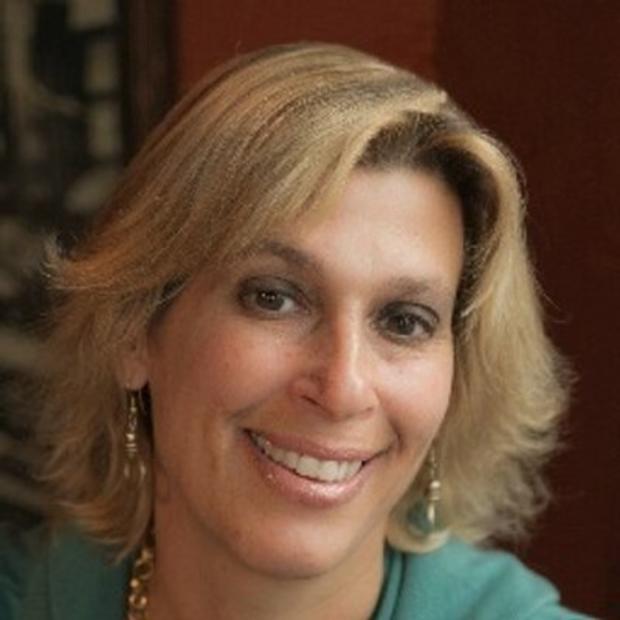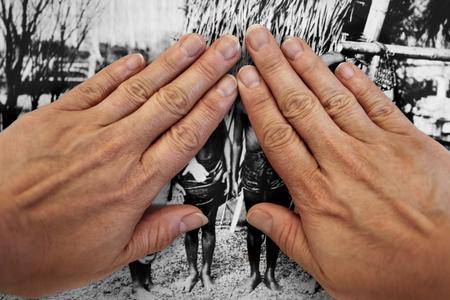Anyone feeling disheartened about the opportunity gap in education should have attended Washington Green School’s first Seattle Student Summit, held October 23 at the University of Washington’s Center for Urban Horticulture. There, public and private school K-12 students from the north and south ends of Seattle, representing a variety of socio-economic, racial and language groups, discussed waste reduction and conservation and brainstormed ways to increase awareness about environmental issues at their schools.
Washington Green Schools’ program is structured around five environmental categories: energy, healthy school buildings, transportation, waste and recycling and water. To participate, a school is required to choose a focus category, form a “Green Team” and, after conducting an assessment, develop measurable strategies for sustainable change before moving on to another category.
School districts like Seattle have a vested interest in having their schools participate, because the Green Schools program advances district efforts at conservation and cost-reduction. As one of three interconnected utility conservation programs that provide financial incentives, the Seattle School District offers schools Green Team funding to cover staff time, teacher training and student field trips. Green Team financial support can also be essential to a school’s ability to purchase essentials, such as light bulbs, as well as composting and recycling containers.
An intentional byproduct of participation in the Green Schools program is the link to math and science. At the summit, Graham Hill Elementary teacher Shelley Hurley watched her students diligently work their pencils and their calculators to determine that copy machines are the biggest energy drains at schools, and then calculate their annual cost.
“We’ve worked hard to align our programs with the curriculum standards, so that the students can use their math and science skills to deal with real world, environmental issues,” says Washington Green Schools Co-Executive Director Kim Armstrong, who adds that a cornerstone of the organization’s work is making resource use visible through data.
Teresa Wippel, a spokesperson for Seattle Public Schools, says participation in the Washington Green Schools program is beneficial to all students, especially those who struggle with science and math. “Whenever we have an opportunity to involve students and staff in teambuilding projects and innovative thinking, it’s a win-win for everyone. Green projects make science and math real for students who don’t see the real world connection. They see the impact these programs can have on everyone’s lives. They take pride in learning how to save money at school and at home.”
Students at the summit quickly found common ground when it was time to share stories and find solutions to pressing problems. Both Villa Academy, an independent school in North Seattle and Leschi Elementary School, a South end public school, struggle with how to get the word out to students about their composting programs and how to keep students motivated and committed. Though their student populations are different, the suggestions the students developed were surprisingly, or not so surprisingly, similar: Using morning announcements and lunchtime to spread the word about composting.
Teachers say the hardest part of launching green programs at school is sustaining them, noting that school custodians can be crucial to a program’s success. Supportive principals also make a difference.
Wippel says she expects teachers who make the commitment to lead or participate in school “green teams” to have their efforts rewarded through the new teacher evaluation process, provided there is a concrete tie-in to curriculum.
Currently 219 schools in the state, including more than 60 Seattle schools, participate in the Washington Green Schools program. The organization recently initiated a pilot project, funded by Washington STEM, in which secondary school teachers will collaborate with energy industry experts to develop new student learning opportunities.
The deadline for Seattle Schools to receive Green Team funding is December 7.



